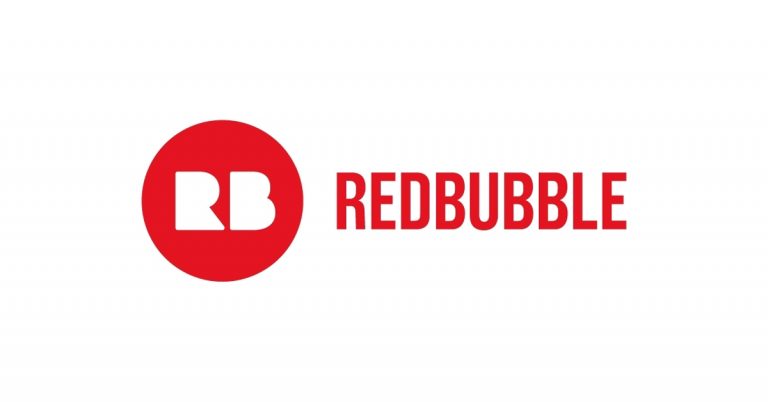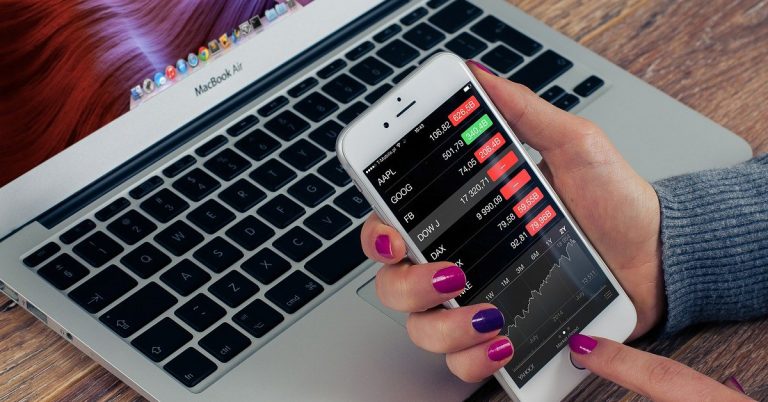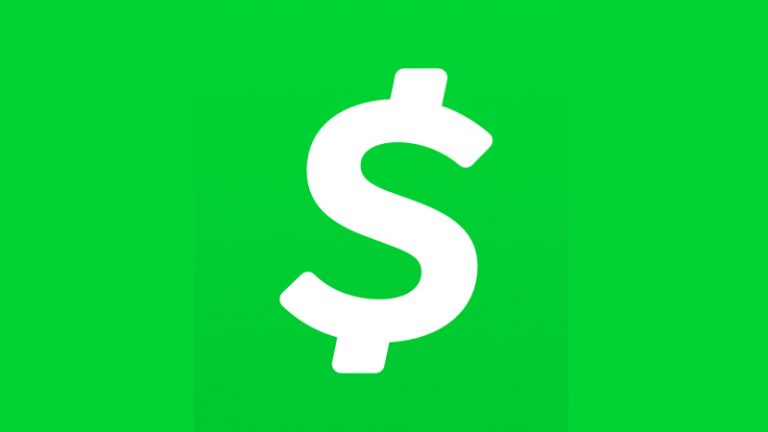How to Exercise a Call Option on Robinhood?

A call option refers to any contract giving the holder the option to buy a specified amount of shares or an asset at a specified price on a particular date in the future. So since the buyer is not under the obligation to buy the stock, they may choose to exercise their rights as explained in the contract. But for a trader to secure a call option, they must pay the premium- which is a price they pay to secure a call option contract. It allows them to buy the call option in the future anticipating that the underlying stock price will rise to enable them to profit. Buying a call option is the easiest way to make money if you can correctly predict the direction in which the asset price will be moving and how far up it will go by a specified date in the future.
Start to exercise a call option on Robinhood by logging into the app. You will need to navigate to contracts and tap on exercise. Scroll down to stats, tap on it and select the contract. The app will ask you why you should exercise a call option. You must confirm your action and submit the request.
You may exercise a call option on Robinhood when the contract is out of money. Similarly, you may discover that the extrinsic time value may be too high. At this point, exercising your call on Robinhood could be the best option for you. In some cases, your contract may be too expensive and unaffordable. So the best thing to do to free yourself from the contract is to exercise a call option on Robinhood. Read on to understand how you can exercise a call option on Robinhood.
Can You Exercise An Option On Robinhood?
The answer on whether one can exercise an option on Robinhood is a straight yes. If you are approved to trade on the platform, you will be allowed to exercise a call option at any time. Many traders on the platform exercise their call options before the expiry date. If your option is already in the money, exercising it could actually put some money in your pocket. Here, you get a chance to sell the option instead of buying the shares and selling them. You will make some money less, of course, the cost of the premium. If the option is out of money, you can also exercise a call option on Robinson but lose the contract’s cost. It saves you from incurring losses of buying valueless shares.
It is cheaper to secure a call option by simply paying the premium compared to shelling hard cash to buy stocks. So traders whose pockets are not too deep can take advantage of securing the contract only to exercise the option on Robinhood at a marginal gain.
How to Exercise a Call Option on Robinhood
A call option contract grants the owner the right to buy shares for a certain company by paying a certain predetermined strike price. So once you have secured this contract, you may choose to exercise it before the expiry date. If you are already on Robinhood, you will find it easier to exercise the call option. Here are the steps you will need to go through to exercise your call option.
Step 1
The first thing you must do is to determine whether a call option contract is in the money or not. If it is in the money, you will make some profit by exercising a call option. Even if it is out of the money, you can still exercise a call option, but you will lose the premium you paid for the contract. Either way, exercising a call option on Robinhood leaves you in a better option.
Step 2
The next thing you will need to do is to login into your Robinhood app and click on the contract you want to exercise. You will then click on the contract before the app takes you through the confirmation steps. It’s a way to confirm that you really want to exercise the call option. Of course, Robinhood is aware that you will waste money by exercising the call option. So they will want to confirm your actions.
Step 3
The Robinhood app will give you a chance to think over your actions and confirm that you really want to exercise a call option. If it is ok with you, it will further notify you that you are about to exercise a call option that is either getting out of money or one that still has a large extensive value. The reason for this is to help you make a guided decision. It will then prompt you to submit your request.
Step 4
Once you confirm that you have a good reason for exercising the call option, you will need to tap on the submit tap. Once it is done, you may not be able to cancel it. But exercising a call option on Robinhood must be done between 12.00 AM to 4.00 PM. exercising the option past 4:00 PM Eastern Standard Time will not be executed. Instead, it will be queued until the following trading day. You could cancel a queued submission before the next trading day begins. It means that you will have up to 11:59 PM Eastern Standard Time to cancel the submission.
Step 5
As soon as you submit your proposal, a card should appear on your Robinhood screen telling you that the transaction is successful and the option was exercised. Also, you will receive a push notification or an email notifying you that the option was exercised.
Can You Exercise a Call Option Early on Robinhood?
Yes, if you trade on Robinhood, you could exercise a call option any time on the app. This could happen when you discover that the value of the shares in the contract has gone up. If you have an account on Robinhood with a call option, you will need to look out for moments when the stock price is more than the exercise price. Also, if you realize that the price of the shares in the contract is dipping, you may choose to exercise the shares instead of leaving them to expire when they are worthless.
Robinhood can exercise the shares automatically at the expiration of the contract. However, this may take some time. Therefore, you have the option of exercising it early on the app before the expiration date.
Why Should You Never Exercise An Option Early?
There are a few traders who will not want to exercise a call option early. Yet, some specialists will be glad to exercise it at the earliest opportunity. They will exercise it despite the general warning that they will lose the extrinsic value of owning a call option. But when you put yourself into their shoe, you get to understand why exercising a call option early is vital.
The driving force is that the stock exchange market is made up of all types of players. Some trade on a long time basis, while others are short term. Also, there are those who will take advantage of opportunities that could help them make an extra dollar. A few long term traders will not mind holding on to the stock until the expiry time. But most of those who sign the call action contract are always looking for a chance to make money. So they will hedge the risks by exercising a call option before the expiry date.
Furthermore, we have traders who do not have too much capital. To them, buying a call option is the only way they can own stock. So they will not hesitate to exercise a call option when an opportunity presents itself. Such investors do not care about the extrinsic value. The option’s value is more than the market price and the extrinsic value.
All said it is clear that exercising a call option is not one of the best things a prudent investor should do. You lose the extrinsic value even when your call option is in the money. This is why the Robinhood app will want you to confirm that you really want to exercise a call option. Besides, when you exercise a call option, you lose the dividends you could have earned if you decided to buy the shares after the expiry time.
The discussion on whether to exercise the call option or not is lengthy and inexhaustible. It all depends on the circumstances the trader finds themselves in. What is clear is that if you are trading on the Robinhood app, you can wait for the expiry date or exercise a call option. Of course, there is enough reason why you should never exercise a call option. They range from losing the extrinsic value to foregoing the dividends. But to some traders, Robinhood presents an opportunity to help them make money even when they lose out on the extrinsic value.






